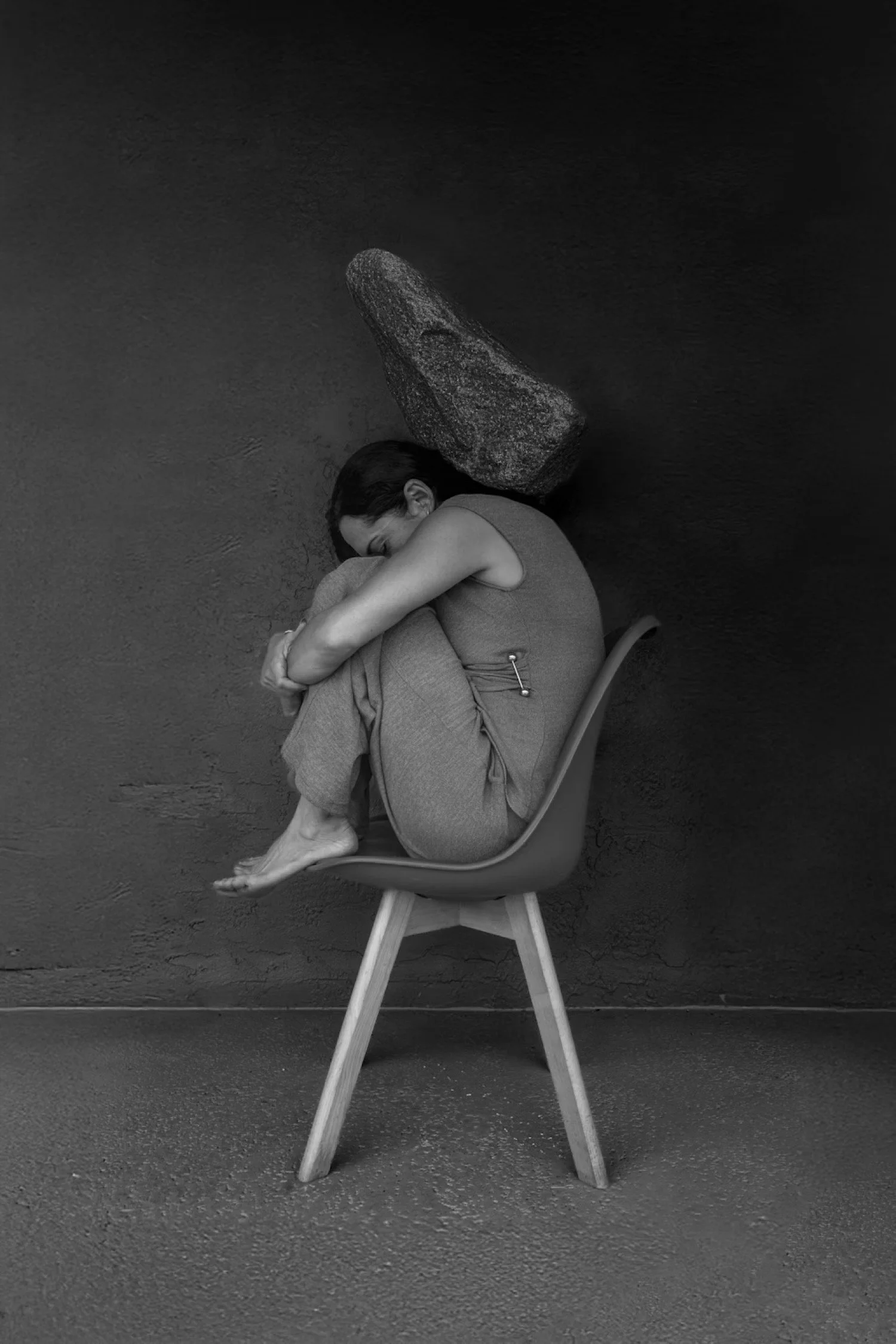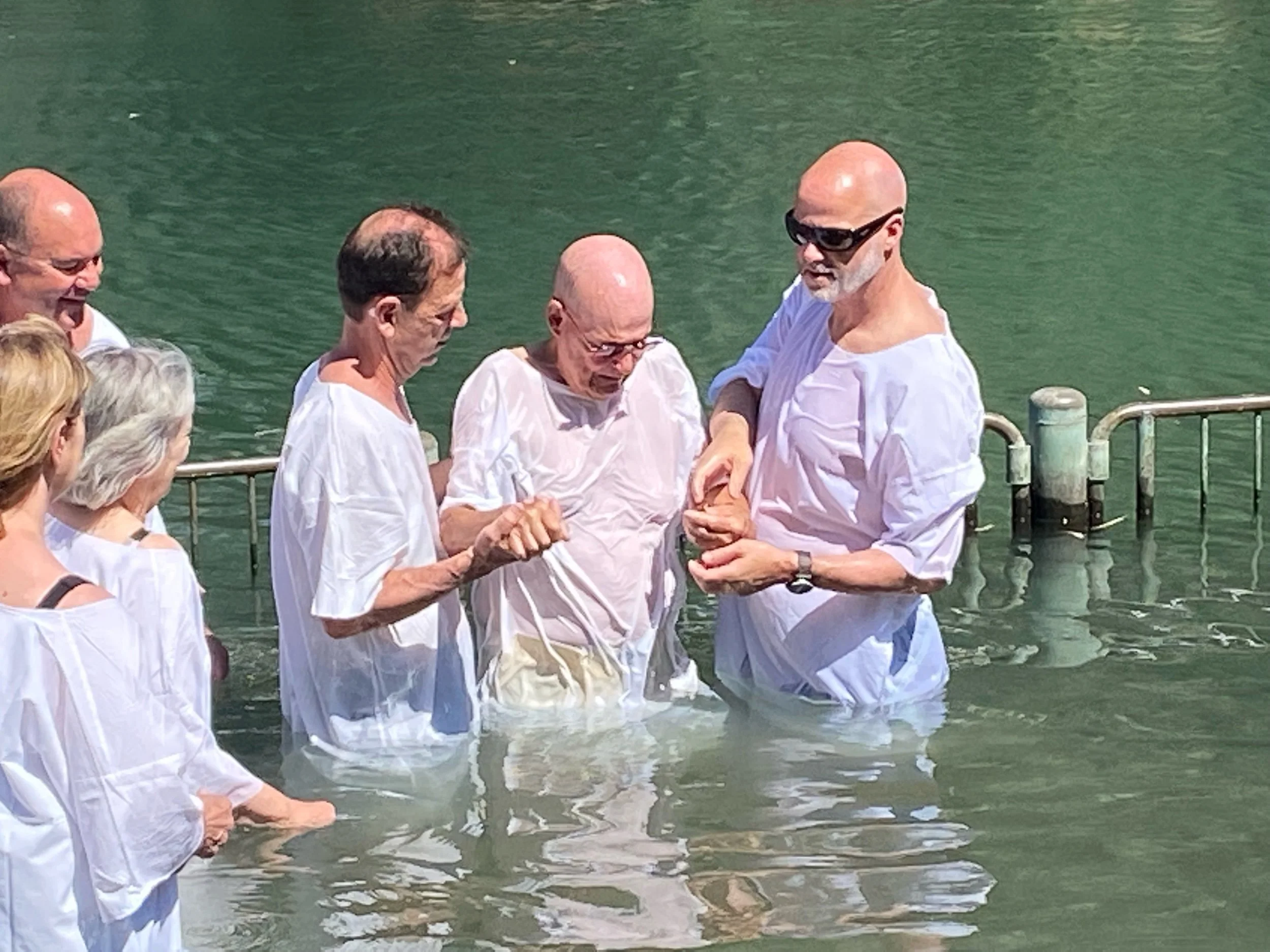Readings for today: Genesis 3-5
Like us, the ancients often wondered why the world is the way that it is. Why is the world so harsh and unyielding? Why is humanity so brutal and prone to violence? Why does evil exist? Why do people die? Why is there suffering and pain? These are existential questions that have haunted the human race from the beginning. Remember, God is speaking to a people who live in the Ancient Near East. He is speaking to people who already have a worldview. People who already have a fully formed set of beliefs about the world around them. He is reshaping their worldview. Revealing to them the truth of how things came into existence and why things are the way that they are. Through the author of Genesis - traditionally Moses - He is letting them in on the truth of human existence and helping them understand their role in the creative order.
So back to those persistent questions…why does evil exist? Why is there pain and suffering? Why do people die? Why is life in this world so hard? God’s answer is clear. The fault lies with humanity. We were given charge over all of creation. We were set in a Garden to work and to cultivate it alongside our Creator. Because God wanted a partner, not a slave, we were given free will which means we had the very real choice to continue working in God’s paradise or seek to remake the world according to our design. Tragically, we chose the latter. We don’t know how long Adam and Eve labored in the Garden, naked and unashamed. We don’t know how many millennia passed with them working side by side in perfect communion with God. We only know that one day it all came to an end. They began to covet the forbidden fruit. Whether the serpent was real or simply a metaphor for the devil, we do know they gave into temptation. They saw the fruit was good. They crossed the boundary God had set. They rejected His law and aspired to a role not their own. They wanted to be like God so like God they became. The problem, of course, is human beings do not have the power of God or the heart of God or the wisdom of God which turned us into tyrants. We began to oppress each other…the woman longing for the man and the man lording it over her. We began to oppress creation…the land itself refusing to produce for us as we exploited it. Conflict. Violence. Brokenness. All these things entered the world as a result of our decision and we’ve been suffering the consequences ever since.
The Bible forces us to confront our deepest, truest nature. We are sinners to the core. Corrupt and depraved. We covet. We get angry. We lash out at those we love. We even resort to violence in order to get our way. Most of all, we want to be like God. We want to be independent and free but we do not have the ability to use our freedom for godly purposes. Because of sin, our freedom gets twisted into selfishness, greed, narcissistic tendencies, pursuit of pleasure, and so many other proclivities that are not healthy nor good. The choices we make don’t just impact us either. They impact those who live with us and around us. They impact the world in which we live. The earth, the sea, the climate, and all manner of living things. Why? Because God never revokes His mandate. He never removes us from our divinely ordained role in the created order. Despite our sin, we remain stewards for good or for ill and God continues to pursue a partnership with us. It’s amazing when you stop to think about it. God could just as easily wiped us out and started all over but instead He chooses to persevere in chasing after us, not wishing any to perish but all to return to a relationship with Him. This is the heart of the gospel, of course, and it is why God will send us His Son.
So take a moment and consider your life today. Think about the people you will meet. The choices you will make. Where you will spend your time and energy and resources. Are you living your life in partnership with God or are you still trying to be your own god? Are you making decisions with His purposes in mind or are you doing what’s best for you? Are you cultivating and caring for all God has placed under your authority or are you using and exploiting these things for your own ends? Take these questions to prayer and ask the Holy Spirit to show you how to better align your life with God today.
Readings for tomorrow: Genesis 6-7




